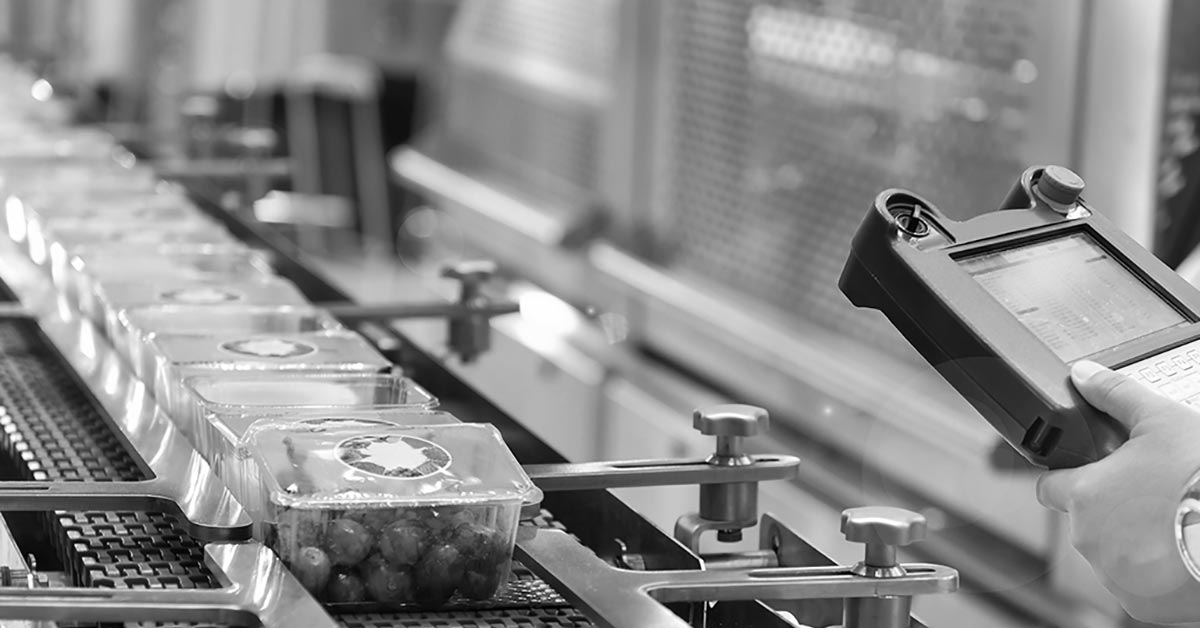The Food & Beverage Industry is the fastest-moving industry in regards to changes. Consumer tastes, preferences, packaging, manufacturing, storage, and transportation are constantly changing, challenging the industry. It has been years since the news of the horse-meat scandal first broke and rocked the industry. After Ireland’s Food Safety Authority tested a range of frozen and ready meals from supermarkets and found horse DNA in over one-third of the beef samples, and pig in 85% of them. Very quickly, several retailers and manufacturers withdrew their products from shelves. As well as highlighting the complex nature of the supply chain in the food industry, the scandal turned the spotlight on food and beverage industry fraud. But what is food fraud?
Fraudulent products are common to many households – from cheese, honey, herbs to spices. Last year, the Italian press revealed a large-scale criminal network that was selling fraudulent olive oil in Europe. Seven major producers were found to label their Extra Virgin Olive Oil even though the product contained significant amounts of lower quality oils – which did not meet EU labelling rules for extra virgin olive oil.
The latest food fraud scandal involved Parmesan and the use of excess cellulose as an anticaking agent- wood pulp. Grated parmesan companies Kraft Heinz Co. and SuperValu Inc. were accused of food fraud in 2016 and have not been able to end the multi-district litigation still. 30% to 70% of oregano products bought from a range of shops in the UK and Ireland and online retailers were found to be adulterated. The study found that 25% of 78 samples of dried oregano from 50 UK retailers “across the board” tested positive for non-oregano ingredients.
There are several other food products commonly use for fraud such as fruit juices, grains, milk, fish, organic items, and beverages such as alcohol. Just in the UK food fraud is estimated to cost the industry £11 billion per year. Food fraud is an emerging risk given the complexity of global food supply chains. Food fraud is a major food safety issue, and an extreme example of this is fraudulent booze. Fake alcohol can contain chemical substitutes such as cleaning fluids and car screen wash and fuels, methanol and isopropanol – used in antifreeze.
But what can manufacturers do to stop food and beverage industry fraud affecting their supply chain? From Risk Management, Employee Background Screening,
CASE STUDY

Europe’s Horse Meat Scandal was a Warning for Due Diligence – Lessons Learned
The 2013 scandal in Europe over the inclusion of horse meat in food products that were purchased by consumers who believed they were 100 percent beef turned a spotlight on the importance of oversight in the corporate supply chain. The scandal began when Irish authorities found traces of horse DNA in “value-based” frozen beef burgers made by processors in Ireland and Britain and sold in Tesco, Aldi, and other major supermarkets across Europe. Further testing also showed the presence of pig DNA in the beef burger samples.
EXPLORE OTHER INDUSTRIES

Automotive
The automotive industry is the world's largest economic sector by revenue. And the uncertainty and risk in this global industry are never-ending. It faces uncertain times as the specter of a trade war between countries...
Read More
IT & Telecommunications
IT (Internet technology) and telecommunications industry providers are the engines that help power commerce on a global scale. This massive industry includes companies that provide the infrastructure for communication across multiple countries and continents, including...
Read More
Finance & Professional services
Fraud is of the utmost concern for finance and professional services organisations. These include banks and financial institutions, real estate lenders, business credit and finance companies, commercial investment corporations, asset-based lenders, debt financing firms, acquisition...
Read More
Pharmaceutical & Healthcare
Fraud involving pharmaceutical companies and healthcare providers constitutes a major source of economic waste affecting countries around the world. In spite of increased awareness of the problem and the application of sophisticated anti-fraud mechanisms, individual actors and...
Read More
Oil, Gas & Energy
The oil, gas & energy industry is a massive portion of the world’s economy, dealing mainly in petroleum – including upstream (exploration, development, and production of crude oil or natural gas) and downstream (oil tankers,...
Read More


